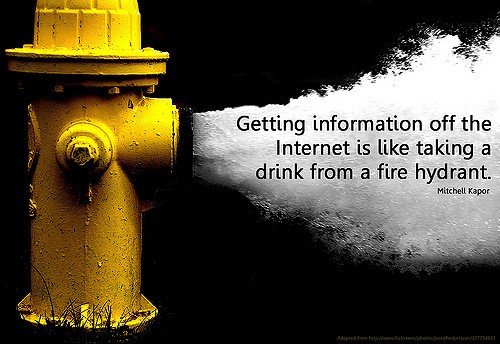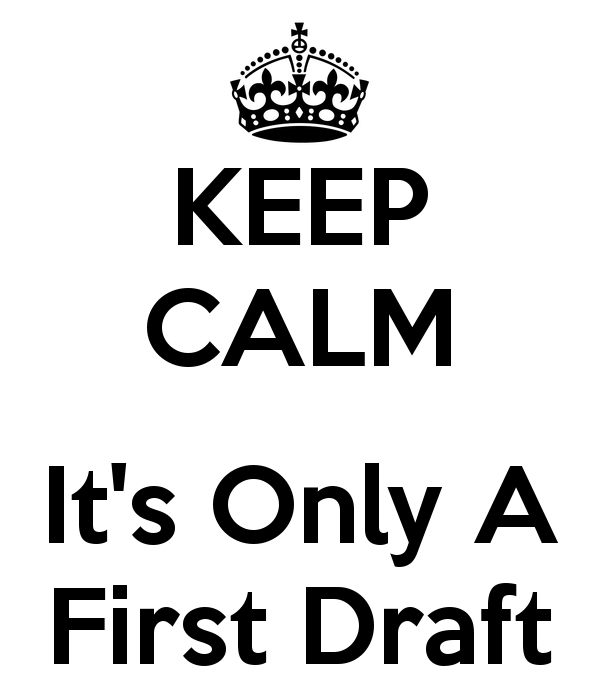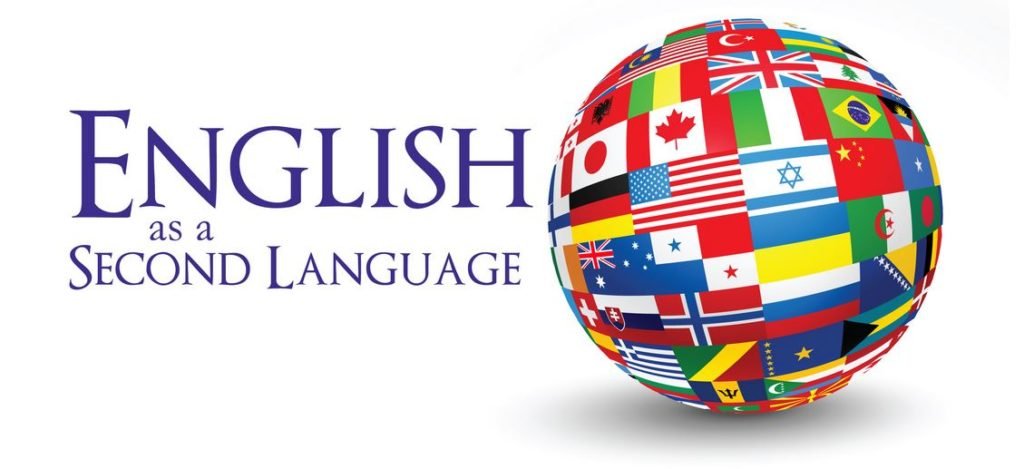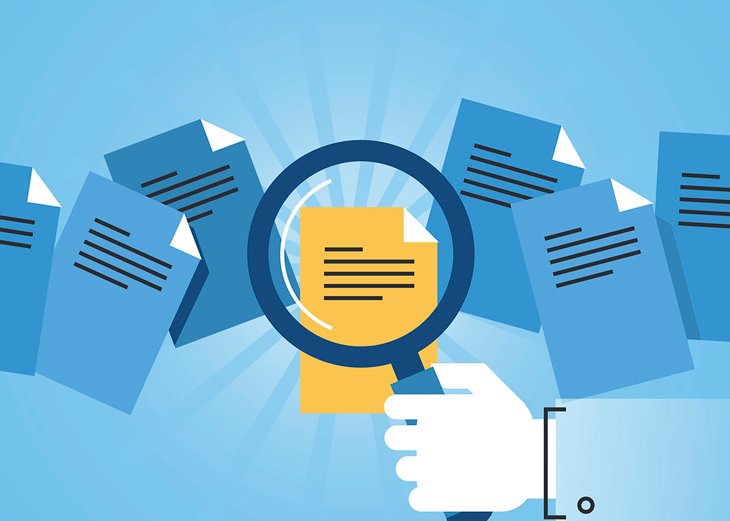
Previously published
Blockchainized Bachelor’s Thesis - Introduction
Information Overload

As I was contemplating about possible themes I could go with for my Bachelor’s thesis, I made my mind that I should really try to tackle an important aspect of my life. Back then I wasn’t engaged in cryptocurrencies yet. If that was the case, the theme of the thesis would be most likely completely different. Due to the stupid rule on our school, I had to lock the theme of my thesis a year and half before its actual presentation.
Information overload was something that really caught my attention the most during my studies of information science. Back then I was introduce to a Less Wrong group. Less Wrong is basically about pragmatic rationalization of the world. The aim for its members is to realize that we are not perfect, nor we will ever be. The only thing we can do is to keep uncovering our cognitive biases in order to become “less wrong” in any given aspect of our lives.

Information overload is a phenomenon mainly connected to the information age. Not like information overload has been born with the information age. It has actually “been around” for quite some time. Because of the information age though its effects hugely increased due to the easily accessible information. Information overload basically is the state, when a human being is exposed to such an amount of information, which cannot be effectively processed by our brains. Such an overload basically cripples our ability to make right decisions, keep studying (remembering the subject at hand), understanding the discussed matter, but also maintaining good mood. The effects may, be very individual for every given human being, even though there will be measurable mutual effects. In other words, being under the effects of information overload means something like having an overheated brain.
The structure

The thesis will be divided into two parts. First part will be strictly theoretical/philosophical. I’ll try to sum up the issue as objectively as possible. Up to 30 scientific sources will be used for that purpose, but I will not just blindly quote and paraphrase those texts. I will of course try to incorporate my contemplations here and there.
The second part will then be practical. The aim of the second part will be finding possible methods that can be used to reduce, minimize, or completely avoid information overload in particular cases. That will obviously be the harder part. First of all I don’t have any experience with case studies. Second of all, if coming up with such methods was so easy, professionals would have already came up with a bunch of them. Luckily I knew from the very beginning that signing on finding such methods was risky. Therefore I carefully stated in the annotation, that I will merely just try to find them. In the worst case scenario I will present some methods that CAN NOT be used to minimize information overload.

I was also thinking about the possibility of writing the thesis in English. I of course am more confident in using my first language, but doing it in English would come with one big advantage. I wouldn’t need to keep translating the work in order to publish it on Steemit. I could “truly” publish it ORIGINALLY on Steemit. The copy given to my university would then be just a compilation of all the “chapters” published previously on the Blockchain.
Some of the “premises”/”facts”

I have underwent three main brainstorms about the work so far. Firstly I came up with the topic and the motivation why to concentrate on it. Secondly I created a draft of the work. This week I wanted to sump my “unique” knowledge about the subject. By unique I mean the knowledge that has never been mentioned anywhere in the texts I have read so far. There are three main “premises”, or “facts” I have come up with so far.
- Information overload can only happen if one does not take necessary precautions. In other words information overload is a cognitive bias. The only effective way how to combat it starts with realization that information overload exists, is affecting even me and is a problem.
- One of the easiest methods after such a realization occurs is a conscious censorship of redundant information being shared in our "feeds". People often times voluntarily suffer from the information overload just by having a lot of unmuted friends on facebook, or any other social media (they don’t care about most of them anyway), having the TV on despite the fact that they need to concentrate on something else, etc.
- The brain has a fixed maximum amount of information that can be processed during one “shift”. Finding the threshold is crucial. When we know what the threshold is we can cut of the source of the information in time, thus saving the brain from information inputs that can’t be effectively processed anyway. The brain HAS to relax in between those “shifts”. Mental health will therefore be studied too, since I think that without it the brain will naturally be prone to information overload.

